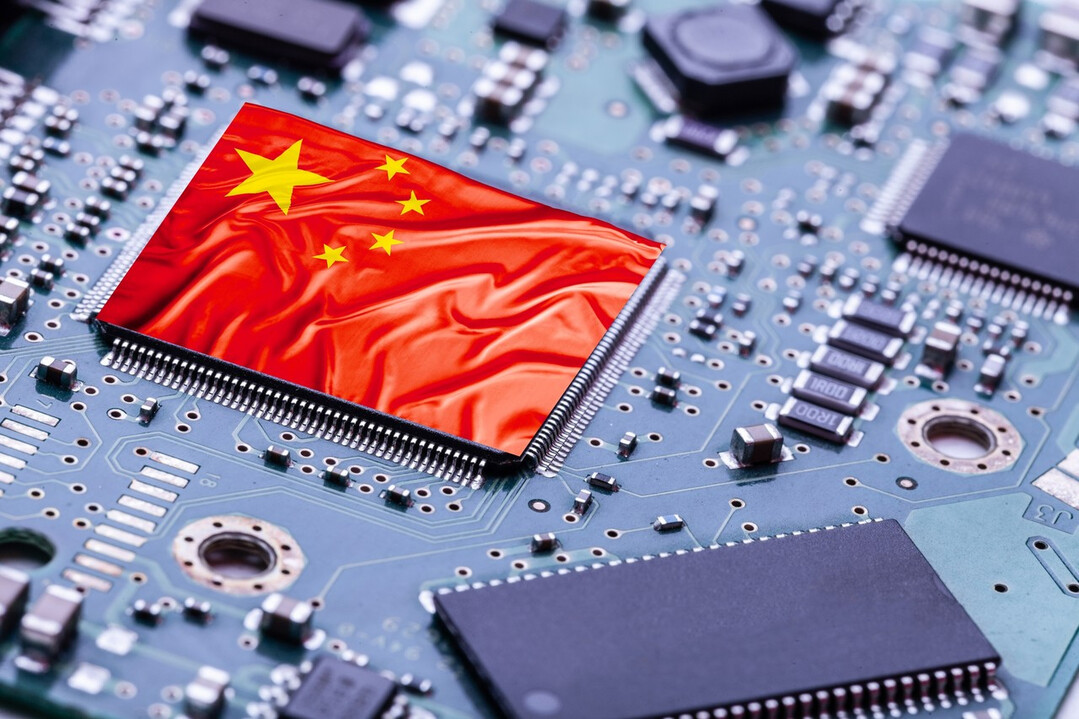
Seoul, South Korea – Samsung Electronics, the world's largest memory chipmaker, has reported a significant decline in its fourth-quarter earnings, underscoring the ongoing challenges in the semiconductor industry. The company's earnings were dragged down by a slump in the DRAM market and missed opportunities in the AI-driven HBM market.
DRAM Market Slump
The South Korean tech giant's semiconductor business division, which includes DRAM and NAND flash memory, is estimated to have recorded operating profits of around 2 trillion won (approximately $1.5 billion) in the fourth quarter, a sharp decline from the previous quarter.
The downturn in the DRAM market can be attributed to several factors, including:
Weak PC and smartphone demand: The continued weakness in the PC and smartphone markets has led to excess inventory among major customers.
Aggressive pricing by Chinese competitors: Chinese memory manufacturers have been aggressively undercutting prices for standard DRAM products, exacerbating the oversupply situation.
Missed opportunity in HBM: While SK Hynix has been reaping the benefits of the AI-driven demand for high-bandwidth memory (HBM), Samsung's delay in introducing its next-generation HBM products has cost it market share.
Other Challenges
In addition to the DRAM market slump, Samsung's foundry and system LSI businesses also faced challenges, contributing to the overall decline in earnings. The company is expected to report significant losses in these two divisions for the fourth quarter.
Despite the disappointing fourth-quarter results, Samsung's stock price has risen on expectations of a recovery in the second half of the year. Analysts believe that the worst is over for the memory chip industry and that DRAM prices will rebound in the coming months.
[Copyright (c) Global Economic Times. All Rights Reserved.]




























